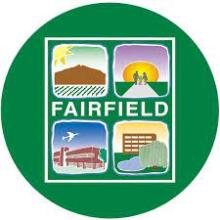Fairfield, California Exits Research Phase, Will Soon Unveil City Access Plan
Fairfield City, California is one of several cities in the state hoping to lean on both California’s broadband expansion initiative and the American Rescue Plan Act to provide faster, less expensive Internet access for city residents. The city says it will soon exit the research phase of its project and outline what they believe is the best path forward.
Last May the city council approved a plan to deploy a city-owned broadband network to expand broadband options in the city using Rescue Plan funds. Last August, the city launched a Broadband Action Planning (BAP) process to measure the scope of Internet access gaps and propose a solution, the results of which will soon be shared with the city council and the public.
Digital Divide Exacerbated
Like so many U.S. communities, the lack of affordable, equitable Internet access was particularly pronounced during the Covid crisis, the city said.
“Access to broadband is becoming a prerequisite for improving economic and social welfare,” Fairfield City Communications Manager, Bill Way, told ILSR. “It provides a conduit to enable open and accessible government, enhance business competitiveness, and improve the quality of residents’ lives through improved delivery of services such as telework, telehealth, distance learning, and digital inclusion.”
The city recently completed a survey of community members, and the majority of the almost 300 responses cited limited competition and a lack of affordable Internet access options.
“While a few comments were positive, most comments indicated lack of options, low speeds, and high costs,” Way said. “One specific consideration to note, although city staff coordinated with outside agencies to cast a broad reach for the survey, and utilized in-house engagement efforts, the responses did not generally capture vulnerable populations, most at-risk of being digitally excluded.”



